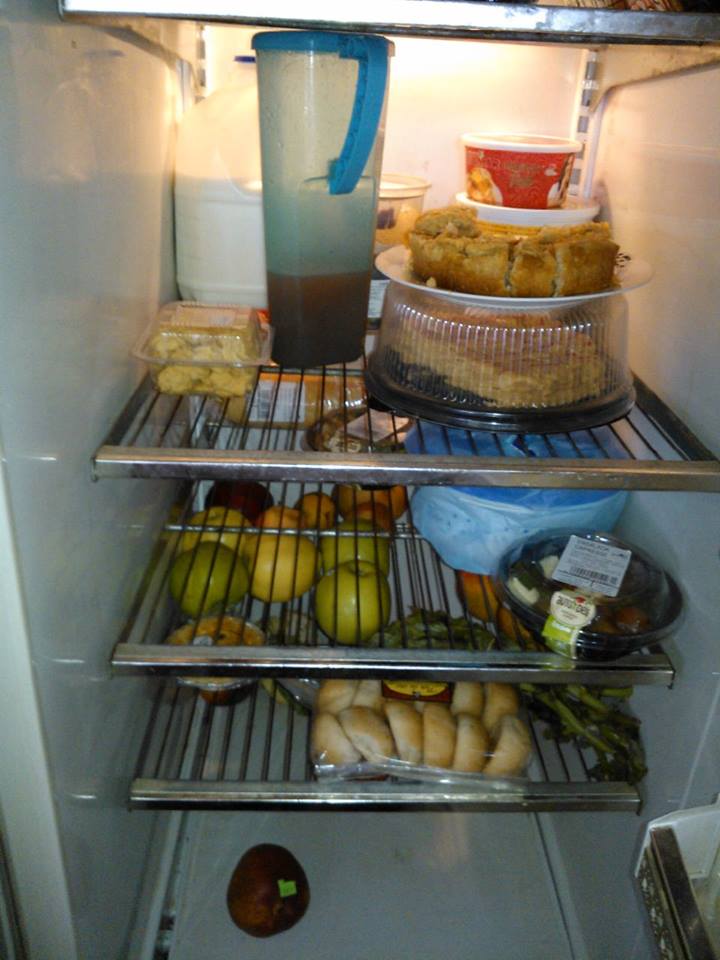In keeping with our longstanding commitment to indigenous populations, we are sponsoring the initiative of Gamaniel Molina Diaz to co-host the Indigenous Games.
This two day festival and competition invites over 200 indigenous of all ages to try their hand at traditional activities in brotherly competition. There will be bows and arrows, chopping wood, blow guns, rope pulling and others. In addition, the women’s association Kabata Konana will prepare meals all the competitors for the two days.
Visitors from around the world have been invited to participate . Traditional food will be available as will many handmade crafts. The opening and closing ceremonies will be presented by the elders of the community complete with storytelling and ancient chants.
Thanks to the generous donation of the Little Theater Group, CRHF is overseeing the food and housing arrangements for the 200 athletes. The local indigenous women’s group will handle all the preparation of three roasted pigs, local fruits and vegetables, hearty breakfast and comfortable sleeping arrangements.
We thank Supermarket Avenida 10 and their manager Laura Castillo, Florida Ice and Farm for donating water, Barguil mattress company, and Esteban Aguilar for supplying eggs.
Barry and his wife of Pura Vida Hotel have coordinated the visitor invitations, the Ark Botanical Farm and Restaurant provided the video and ARCR, through Martha Rollins is supporting with cash donations.
This will be an epic event and we hope it will be the precursor to the expanded Indigenous International Olympics 2025.
📞Contactos: Gama 8877-0228 o Berni (solo habla inglés) 8701-3411 or CRHF WhatsApp or Cel +(506) 8837-5205
https://www.puravidahotel.com/activities-and-tours/indigenous-games.html
Please consider donating to the CRHF to continue its support of indigenous communities.




























